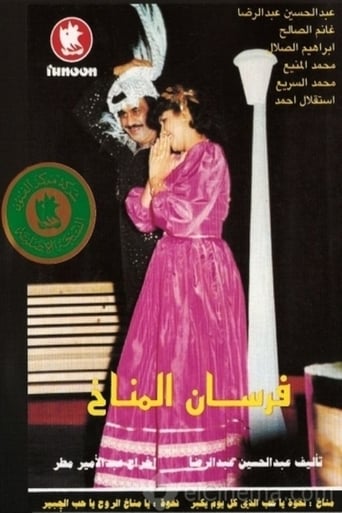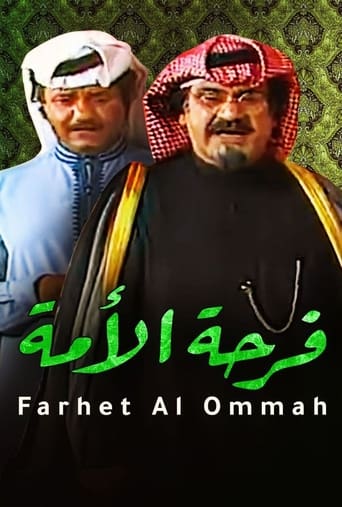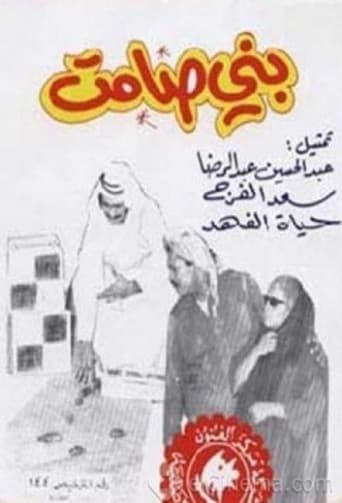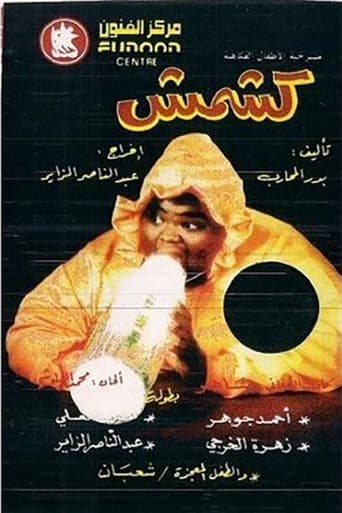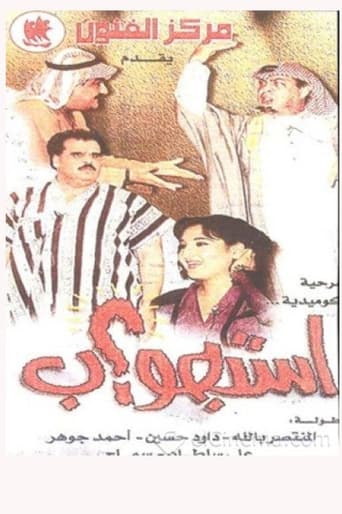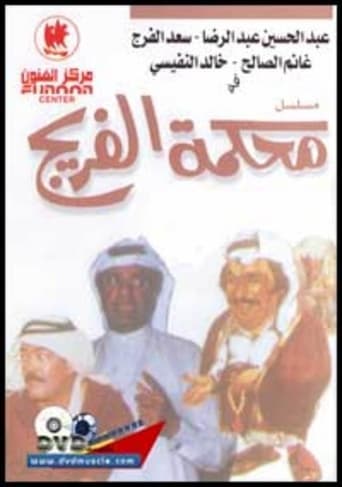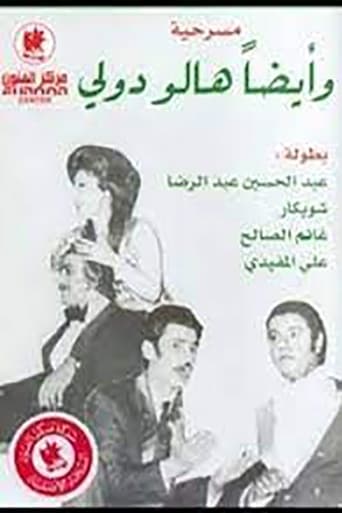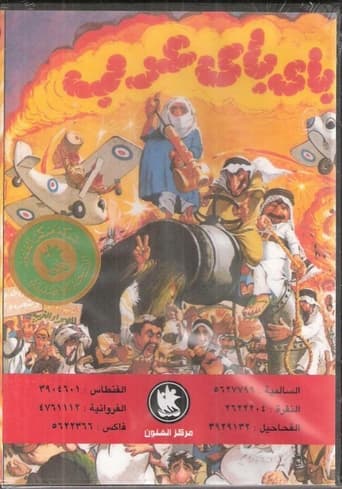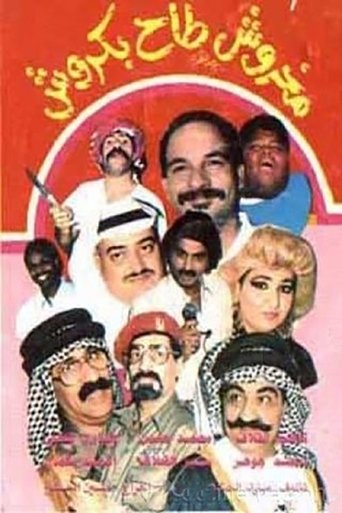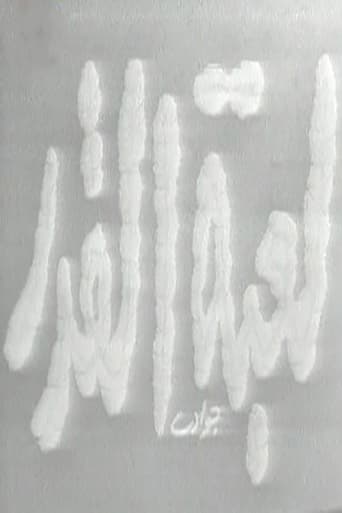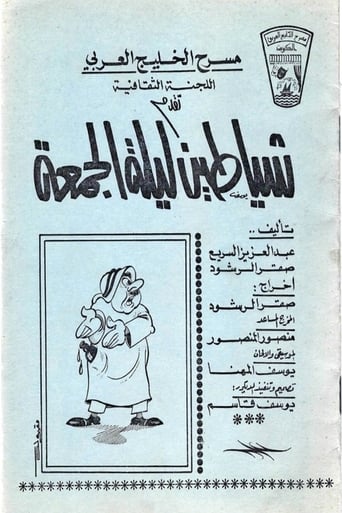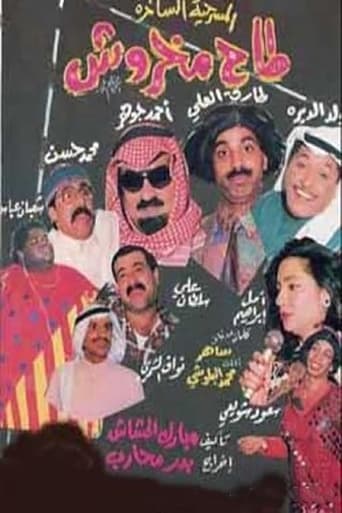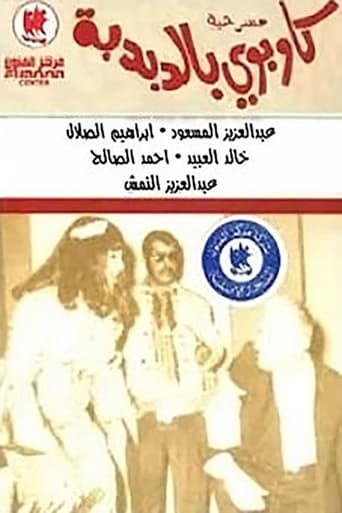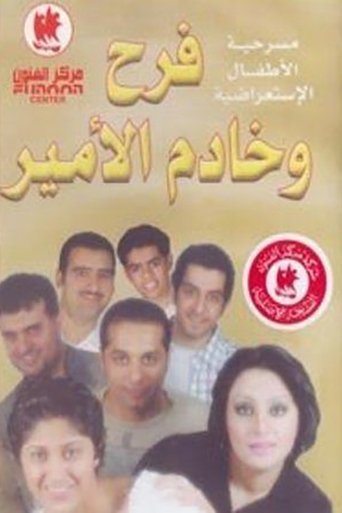Demons of the Friday night, written by Saqr Al-Rashoud and Abdul Aziz Al-Sorayai, which was presented in 1973 by the production of the Arab Gulf Theater in Kuwait, a play with satirical critical positions that highlights many negatives in society in the form of critical paintings and these positions are the right man, the government routine, and what is going on in Some government ministries and the Kuwaiti employee who works and who do not work, spoke about Article 206, which prohibits the sale of alcohol and the reality of what is happening in hotels, as well as spoke about democracy and the National Assembly elections, Kuwait's political position on Arab and international issues and the shortcomings of the local press.


